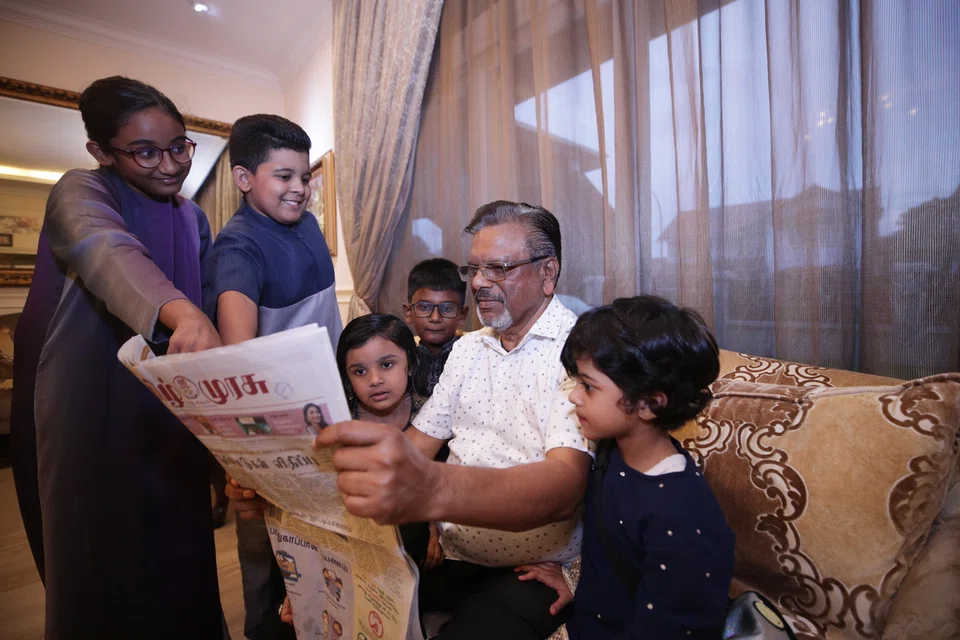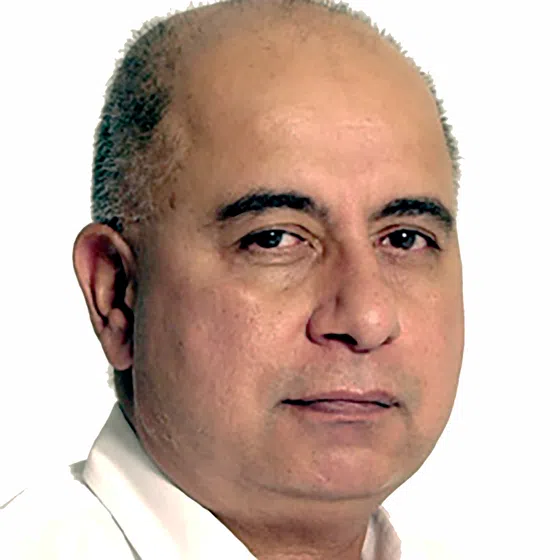Now that I am a grandfather, I often find myself thinking back to my own grandparents and the lessons they tried to leave me.
I must admit that I often brushed aside their wisdom in my youthful arrogance. Only now, with the perspective of age, do I realise how priceless their advice was.
One of my earliest memories is of my maternal grandfather, who was visiting from Kuala Lumpur.
When I topped my Primary One class, he handed me five dollars. With a twinkle in his eye, he then asked me: “When is the best time to study?”
Flushed with my recent success and brimming with confidence, I shot back: “Early in the morning, when the mind is fresh.”
That was not correct. Neither were all the other times of the day I quickly came up with.
His answer, simple and profound, was: “The best time to study is when someone is teaching you.”
At that age, I laughed it off. Only years later did I understand that he had taught me the most valuable lesson of my life, and I had not paid attention.
Looking back, I wonder how much further I might have gone in life if I had embraced his advice wholeheartedly. I also wonder how my Bapuji acquired this pearl of wisdom.
My grandparents were simple folk and, like many in those old days, did not spend many years in school.
My paternal grandfather was the son of a farmer in Punjab. He was in his early twenties when he set out for America.
Instead of San Francisco, his journey ended in Singapore, where he laboured at a British transport base by day and worked nights as a jaga – the local term for a watchman.
Together with my grandmother, he saved every cent. Their frugality bought them a modest bungalow on Rosyth Road.
It had piped water, but the toilet was still a bucket system emptied by the night-soil man.
As a boy, I once told my grandfather what a horrible job that must be. He sighed deeply and said: “Every job deserves respect. Don’t criticise.”
His message was clear. There’s dignity in every kind of honest work, and I should focus on my own path rather than judge others.
My paternal grandmother, too, had her own way of trying to keep me grounded. She used to warn: “Don’t act smart. Work together and you’ll succeed.”
It was much later in my life that I realised what my grandmother had meant. Success will come not from outshining others but from supporting the team and respecting those with experience.
How my grandmother, a housewife who never once set foot in the corporate world, understood this truth still humbles me.
Both sets of grandparents also wasted nothing – not a grain of rice, not a scrap of chapati.
Then, there were stories of their courage.
One tale narrated by my maternal grandmother was set in Kuala Lumpur during the Japanese Occupation.
Japanese soldiers had taken a fancy to the family’s pet dog, Rusty, and grew angry when she refused to give it up.
A sword was about to be brandished just when my grandfather, a hospital dresser, returned from work.
In halting Japanese, he apologised respectfully and somehow persuaded the soldiers to take two chickens instead of Rusty.
In there, I think, is a lesson in negotiation.
When I asked my friends about their own experiences, one revealed that he is eternally grateful to his grandmother for inculcating in him the concept of mudita.
This Sanskrit word teaches us to celebrate the success of others, even if we desired that outcome for ourselves.
The opposite of envy and resentment, it is one of the Four Immeasurables in Buddhism necessary for spiritual awakening.
In a world that mainly teaches us to compete and to win at all costs, it is not surprising that there is no exact English word for it.
“Sympathetic joy” comes closest. Perhaps that is the point, since some wisdom cannot be captured neatly within a dictionary.
It lives in the stories, values, and street smarts of our grandparents.


